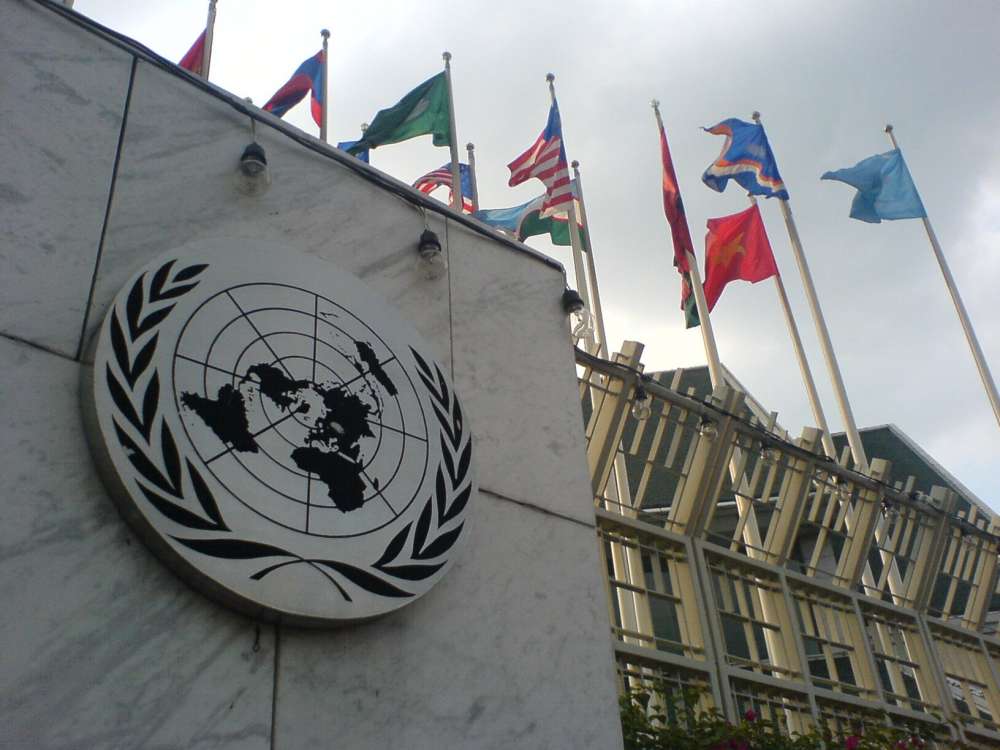FFD3 Must Address Domestic Resource Mobilization with Concrete and Actionable Ideas

This blog post was written ahead of the Third International Conference on Financing For Development (FFD3), which took place from July 13 to 16, 2015.
With the Addis Ababa conference on Financing for Development in full swing, last minute suggestions on the right priorities are flooding in. However, two critical pieces of the puzzle for leveraging adequate financing for development have received little attention so far, namely more concrete commitments on tax justice and developing countries’ capacity to enforce public finance policies. While the importance of these issues is highlighted in the draft outcome document, the proposals on each point are unfortunately short of concrete ideas, activities and initiatives that will change the landscape of taxation in developing countries for the better. Both developed and developing countries need to show greater commitments here.
First, the Addis conference offers participating states the opportunity to put forth actionable commitments for the taxation of private sector players and, in particular, of multinational corporations in a way that achieves social and economic transformation in developing countries. The importance of this has already been stressed by the finance ministers of the G7 countries, who reaffirmed the importance of curbing systemic “base erosion and profit shifting” (BEPS) at their recent meeting in Dresden from May 27 to 29, 2015. It would be an important signal from the Addis conference to follow this lead and to go beyond the lofty phrasing in the current draft outcome document that, “we will make sure that a fair share of taxes is paid where economic activity occurs and value is created.”
…
To read the rest of this piece, please visit the Third International Conference on Financing for Development online.







